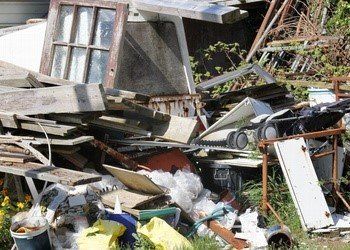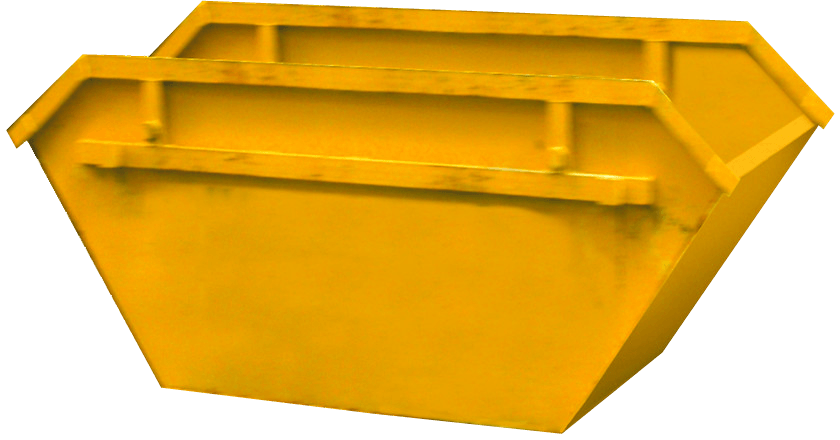There are many benefits of using recycled aggregates – both for your pocket and the environment!
The construction industry takes a heavy toll on our environment. It accounts for around 57% of global carbon emissions, 37% of global operational energy and over 40% of landfill waste. Sobering statistics.
It’s no surprise, then, that many building companies are looking for materials and methods that reduce their environmental impact.
Both useful and versatile, recycled aggregates can be used in anything from filling in potholes to road surfacing. And they perform well when mixed with cement or used as a general building material around pipes or in foundations.
Here are just a few of the biggest benefits of using recycled aggregates that could convince you to switch to this affordable, reliable and eco-friendly material.
Before we look at their benefits, let’s look at what recycled aggregates are.
Aggregates are granular materials used in the construction industry. They include materials such as gravel, sand, concrete, brick and stone.
By definition, recycled aggregates are simply aggregate materials that have already been used being repurposed and put to work a second time.
Recycled aggregates include materials like crushed stone, gravel, sand, recycled brick, recycled concrete and recycled asphalt. These are generally left over from construction and sites, and are materials that would once have been considered waste products.
They used to be routinely taken to landfill for disposal, even though they still have a lot of use and value.
Recycling these aggregates and reusing them in the construction industry takes no new, raw materials. It just involves making better use of what has already been created.
This helps reduce environmental harm and saves you quite a bit of money.
Recycled aggregates are less expensive to produce in comparison to freshly mined materials. So they can be sold at a lower price point.
With freshly quarried aggregates costing more and more, and the quality of recycled aggregates now second to none, recycled aggregates have become a perfect cost-effective alternative.
Local aggregates are even more affordable. That’s because they cut down on the costs required to ship and deliver the materials. Reselling aggregate is also much cheaper than sending it to a landfill.
Recycled aggregates are widely used in the construction industry. But they can also be mixed with concrete for a number of building applications and home improvements once any contaminants have been removed.
You can even use them to spruce up your garden. Many people use aggregates to create a garden path, to fill in borders or even as a barrier around a pond or water feature.
As well as the domestic repurposing, recycled aggregates can be used:
Outside of construction, recycled aggregates even serve an important role in agriculture, food manufacturing and sewage purification.
Recycled aggregates are considered a green construction material. They have far less negative impact on the environment than virgin, freshly mined materials.
That means using recycled aggregates can make your construction business more environmentally friendly.
Freshly mined stone requires mechanical processes that consume energy and resources. These create unwanted harmful and pollutant by-products.
Choosing recycled aggregates means that the materials don’t need to be mined from a quarry, which can hurt the surrounding environment and uses plenty of fuel and resources.
It also cuts down on the amount of construction waste sent to landfill, helping to meet UK sustainability targets and avoid the unnecessary use of natural resources.
Quarries will also be conserved for the future, safeguarding these materials for years to come.
Since recycled aggregates are made from such a wide range of materials, there are many varieties and mixtures you can choose from.
At Hazell & Jefferies Ltd, we provide a wide range of recycled aggregate materials, including:
No matter what the needs of your project, you’re sure to find a mixture with suitable aesthetic appeal, texture, aggregate size, permeability and so on.
Recycled aggregate has been proven to be just as structurally strong as virgin aggregate. And it can be made even stronger if you mix it with concrete or cement.
It’s an incredibly reliable, structurally sound material with a long lifespan. So there’s no compromise when it comes to strength or durability.
Recycled aggregates use less energy to create than traditional concrete. Having already been part-created for their former function, there’s no need to expend energy to find, dig up and process new materials.
Recycled aggregates undergo a stringent battery of tests to ensure they meet mandatory industry standards.
These key tests analyse factors such as
Recycled aggregates that pass these tests are confirmed to be durable, reliable, safe and fit for purpose. So long as you choose a reputable provider, you can have confidence in your recycled aggregate materials.
At Hazell & Jefferies Ltd, we generate high quantities of quality recycled aggregates in our Environment Agency-registered recycling centre in Oxfordshire. And we’re proud to sell these as affordable, reliable construction materials for a wide range of building projects.
For durable, cost-effective recycled aggregates delivered straight to your door, contact us today.

